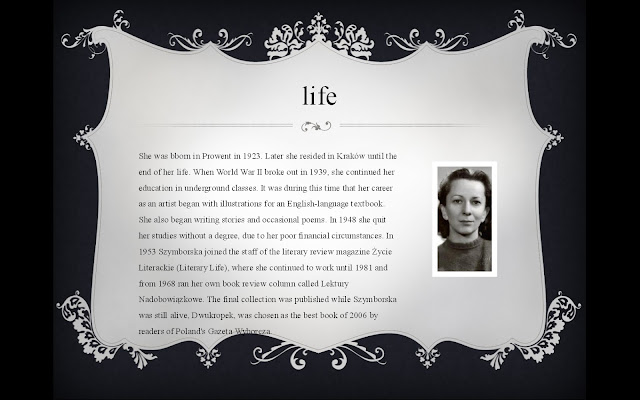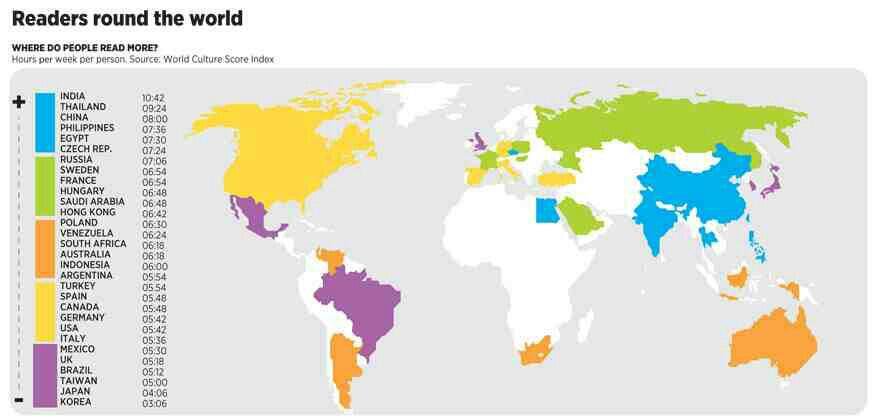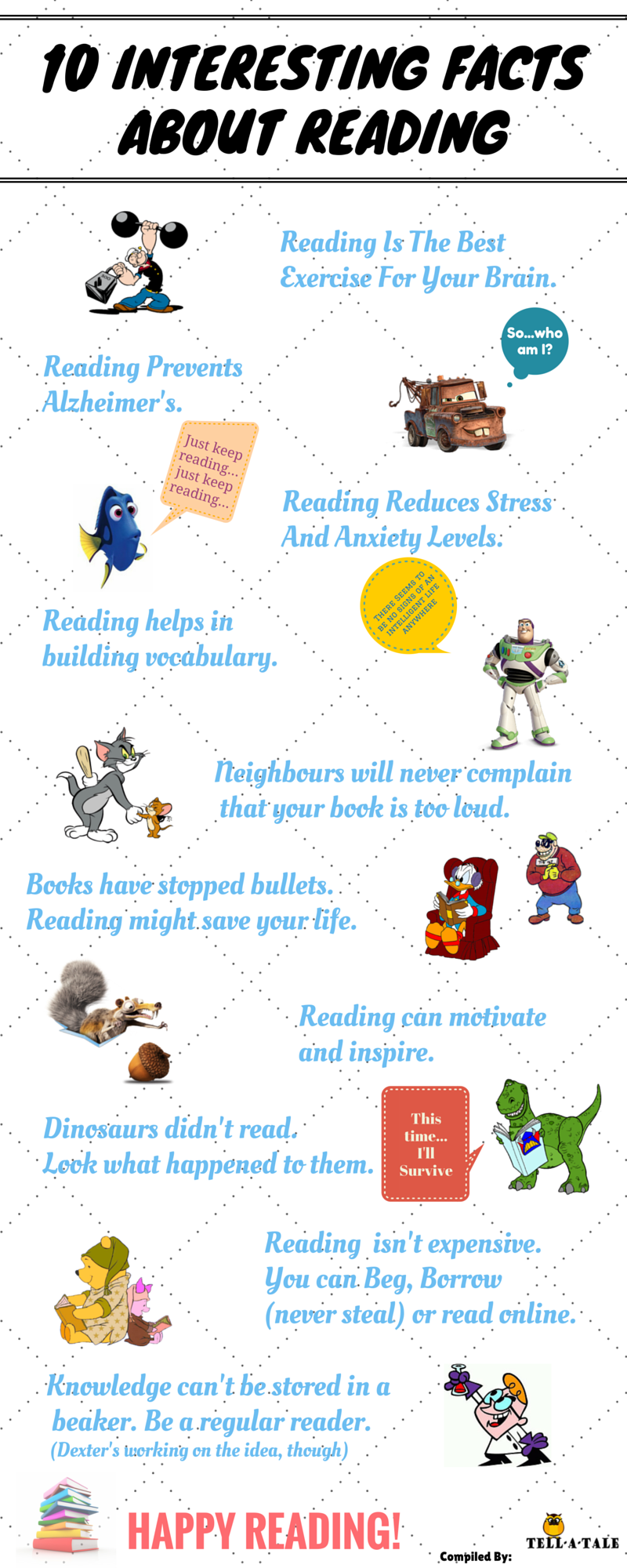Nowadays
people read books in various ways. Some of them like paper books but the others
prefer modern technologies i.e. e-books or audiobooks on mobile phones.
Electronic books are becoming more and more
popular in today’s society. A lot of teenagers prefer e-books because
they are more comfortable in use than normal, big and sometimes heavy paper
books. We firmly believe that it is a good way of reading so we will try to
show you some advantages and disadvantages of electronic books.
In our opinion, the first advantage is the
fact that we can read electronic books whenever we want, for example on the
bus, train, airplane and while standing in a queue. E-books also take up less
space. We do not need a library or a room
for them. We can have every book without leaving home. Some e-books are legally
available and for free and this is an upside for people who like reading
without spending money. The last advantage is that we do not need to cut trees
to make paper so we can protect our environment.
 On the other hand, e-books also have some
disadvantages. They are hard to read because eyes can get tired very quickly
while reading them. They can make our eyesight worsen. The second disadvantage
is that when the battery is dead, we are
forced to stop reading. Moreover, elderly people may not know how to use
e-books and that is why they still prefer paper books. They love the fragrance
of books and paper pages.
On the other hand, e-books also have some
disadvantages. They are hard to read because eyes can get tired very quickly
while reading them. They can make our eyesight worsen. The second disadvantage
is that when the battery is dead, we are
forced to stop reading. Moreover, elderly people may not know how to use
e-books and that is why they still prefer paper books. They love the fragrance
of books and paper pages.
To sum up, we believe that this form of
reading will be even more popular in the near future. We are convinced that
society will stop reading paper books because the technology is constantly
developing. We still do not know what will happen with normal books in the
future, though. We are sure that I have shown you some pros and cons of using
e-books and now it is time for you to choose what is better and which form of
reading you prefer.
Authors: Wiktoria Bednarz , Karolina Narajewska , class 1E,
Zespół Szkół Ogólnokształcących, im. A.Mickiewicza, Kluczbork







































 +
+







